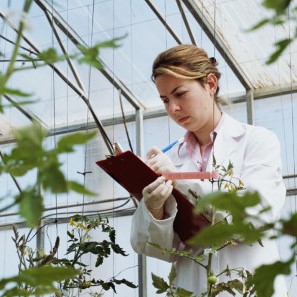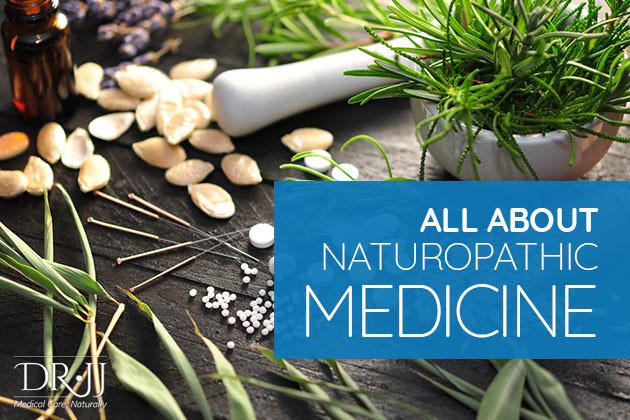Healthcare is not all about conventional or mainstream practice. I developed interest more into Naturopathy holistic medicine during my PhD and postdoctoral studies in Naturopathic and holistic Medicine.
The challenge in pursing naturopathic holistic medicine is the cost. The fees are enormous in an accredited university whether campus based or distance.
To become a naturopathic doctor is not an easy thing! In Africa, no University currently offers such programs accept Nyarkotey College of Holistic Medicine which commence Naturopathy programs with many international partners.
Who is a Naturopathic Doctor?

The field of medicine, at its core, is the same but branches off in different directions concerning the approach, tools and methodologies used in caring for patients. Allopathic doctors (conventional medical doctors) and naturopathic doctors (doctors that practice natural medicine) share the same basic foundational knowledge while approaching patient treatment in different ways.
On one side of the coin, an allopathic doctor is someone who practices conventional western medicine. On the other side of the coin here comes naturopathic medicine, which is a holistic approach to the proactive prevention of illnesses and comprehensive diagnosis and treatment of their underlying causes using traditional healing methods, principles and practices. NDs unlike MDs, combine the wisdom of cooperating with nature with the rigors of modern science, utilizing gentle treatments that support the body’s own healing power.
Naturopathic Medical doctors (NDs) are medical professionals who practice throughout the United States, Canada and other jurisdictions working in private practice, hospitals, multidisciplinary clinics, community health centers and specialty treatment programs such as the Cancer Treatment Centers of America (CTCA). The Institute for Natural Medicine has this to say:
“Twenty-eight prominent health systems, hospitals, and cancer treatment centers now have one or more licensed naturopathic doctors on staff at their facilities. Today there are approximately 6,000 licensed naturopathic doctors practicing in the U.S. Twenty-three U.S. states and territories currently license naturopathic doctors.”
NDs treat a wide variety of medical conditions and can provide both individual and family health care. Some of the most common ailments they treat include:
Allergies
Chronic pain
Digestive issues
Heart disease
Fertility problems
Cancer
Autoimmunity
Complex chronic conditions
Are naturopathic doctors’ quacks?
Absolutely not, and this was adjudicated in the locus clasicus case involving Poonam Verma Vs. Ashwin Patel and Others (1996) 4 SCC 332.
Naturopathic doctors are highly trained and thorough diagnosticians who focus on the least invasive and least toxic therapies when treating patients. Treatment modalities can include:
Nutritional counseling
Botanical medicine
Homeopathy
Minor surgery –( based on the jurisdiction)
The solutions may be simple, but they are both significant and impactful when it comes to a patient’s overall health.
The Naturopathic doctor in Primary Healthcare

One of the largest expenses people face is costly prescriptions. However, patients who see a naturopathic doctor often can avoid using costly drugs that frequently result in harmful side effects. Instead, naturopathic medicine focuses on treating a wide spectrum of illnesses using nature’s healing power.
Besides, they are the first point of call in primary healthcare before seeing conventional medical doctor. This is why I believe, the call for primary healthcare in Ghana is inconclusive without the need for policy to train and incorporate naturopathic doctors and other complementary alternative doctors into the healthcare system.
The Naturopath and Naturopathic Doctor?
Naturopaths are those who graduates from 0-3 years’ Naturopathic medical education with certificate or Diploma in Naturopathy and complete minimum of 2,500 supervised clinical education as stipulated by the WHO. Naturopathic doctors on the other hand graduates from four to five years’ Naturopathic Medical schools with over 4,500 supervised clinical training. Notwithstanding, the principle for both practitioners is the same; using natural remedies to treat diseases using standard conventional techniques!
Improve Patients’ Lifestyles
As primary healthcare also focuses on preventive, Naturopathic doctors look beyond their patients’ symptoms to consider the underlying causes of their conditions and how to prevent the issues from occurring in the first place. For those with recurring conditions, this approach might be especially useful.
In fact, identifying and treating the causes of an illness rather than just the symptoms is one of the six principles of naturopathic medicine. For instance, in US, Canada and others, those who visit NDs who have degrees from the regulator, Council on Naturopathic Medical Education (CNME) accredited programs can rest assured that their naturopathic physicians are trained in these principles.
Another principle doctors of naturopathic medicine follow is to be teachers — not just doctors — to patients. NDs strive to educate patients in ways to achieve and maintain optimal health. That way, patients have the tools to practice healthy living in their everyday lives. This is why I keep writing scientific articles in the papers.
There’s a Growing Demand for NDs
As word about the natural and health-optimizing benefits of naturopathic medicine continues to spread, it is apparent that this alternative health care option is here to stay, and demand for Doctors of Naturopathic Medicine will continue to be on the rise.
This is why I believe that, the call for primary healthcare in Ghana should not only targets conventional medical area but should also incorporate Naturopathic medicine. Besides, Nyarkotey College of Holistic Medicine have started offering global standard curriculum in naturopathic medicine recognized by the World Naturopathic Federation to complement conventional efforts. The Traditional and Alternative Medicine Practice Council of the Ministry of Health should do everything possible to regulate the industry. Put up policy that only qualified and those who passed naturopathic medicine licensure exams in Ghana are registered and licensed to practice to boost public confidence in all areas of complementary alternative medicine after 2021.

Merry Xmas and prosperous New Year to you all my readers!
The writer is an honorary Professor of naturopathic Holistic Medicine-Vinnytsia State Pedagogical University, Ukraine, president, Nyarkotey College of Holistic Medicine and currently, LLB law student. 0541234556










